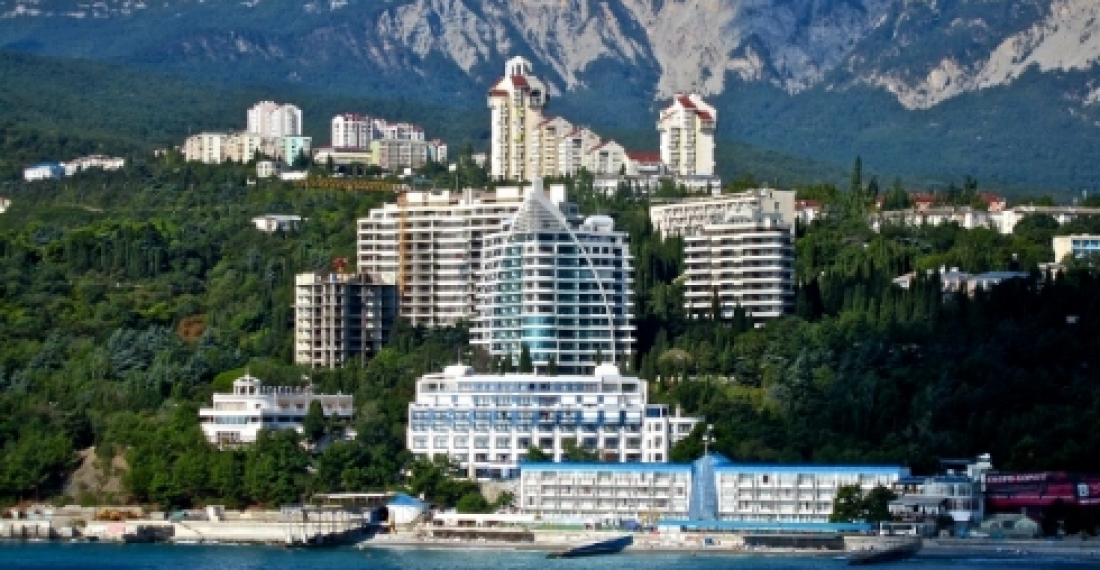The Russian Foreign Minister Sergei Lavrov has said that the Presidents of Armenia and Azerbaijan will both be in Sochi at the end of this week where they will meet separately with Russian President Vladimir Putin. The issue of the Karabakh conflict is bound to come up, the Foreign Minister said, and a meeting between the two Presidents is possible if they agree, and according to how they wish to do it.
Lavrov was speaking in a wide ranging interview with the Russian news Agency Itar-Tass during which he spoke about the difficulties that Russia and the other Minsk group co-Chair countires, France and the United States, had faced in trying to get the Armenian and Azerbaijani sides to agree to a peace agreement. Lavrov said that several times the sides were very near, but then something happened and they couldnt agree on the final wording. Lavrov said that efforts must continue to find wording that is acceptable for both sides.
Lavrov said that the conflict raises emotions on both sides and the Minsk Group co-Chairs were trying hard to encourage the sides to adopt confidence building measures and to reduce tensions.
source: commonspace.eu with Itar-Tass
photo: Sochi - a general view (archive picture).







